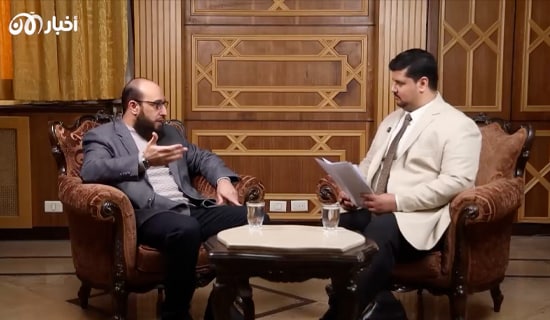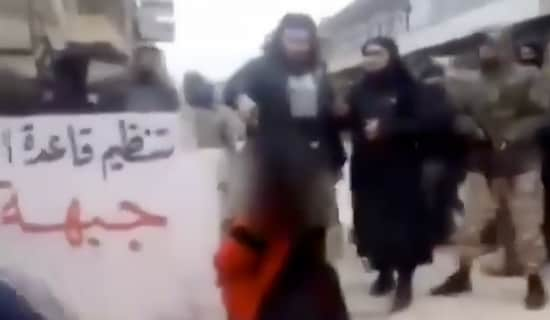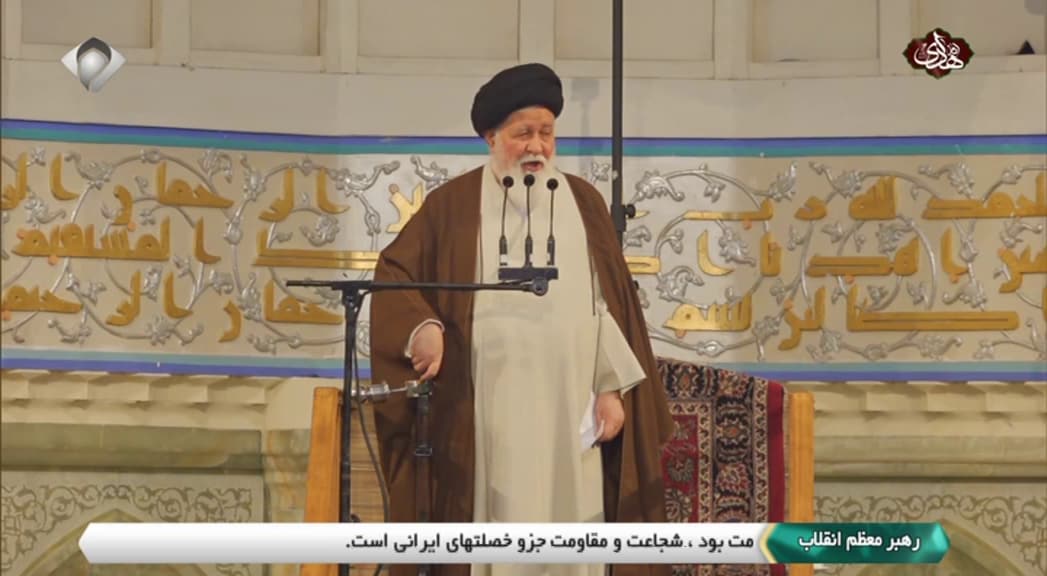
Following are excerpts from an interview with Saudi anthropologist Sa'd Al-Sowayan, which aired on Al-Arabiya TV on April 25, 2008:
Sa'd Al-Sowayan: Our education institutions are very deficient in various respects. First of all, critical philosophical thought hardly exists, and is almost completely forbidden. You are not meant to think, but to memorize and repeat by rote...
Interviewer: To spread the prevalent views.
Sa'd Al-Sowayan: Exactly. Secondly, anthropology...
Interviewer: Scientifically, speaking, what's wrong with spreading the prevalent views?
Sa'd Al-Sowayan: First, you are not being innovative, and second, the prevalent views may have been acceptable in the past, but as life changes, everything must change accordingly. It is inconceivable that everything around you changes, yet your ideology remains static. The universe is not static. Change is the law of the universe, the law of life. Since everything is subject to change, ideas must also change, in order to be compatible with the changes in life.
Interviewer: Does this include the basic principles [of religion]?
Sa'd Al-Sowayan: I believe that the basic principles remain as they are, but the way we interpret them changes. In fact, there is no such thing as basic principles. There is the understanding of people... Ultimately, everything happens in your mind, as a human being.
Interviewer: The Koran and the Sunna do not constitute basic principles?
Sa'd Al-Sowayan: The text is static, but the way people interpret it is not. You can interpret the text in a way that corresponds with the age in which you live.
Interviewer: So you have no problem with people interpreting the text differently in each age?
Sa'd Al-Sowayan: As long as it is compatible with the spirit of the text.
Interviewer: In other words, the spirit of the text remains, and in each age, there is an adaptation [of the text].
Sa'd Al-Sowayan: For example, I do not think – and I might be going off on a tangent here – that it is in the best interest of the Islamic religion that we insist on going on living as if we were in the historical age of the Prophet Muhammad and his companions. Everything has changed, and I believe that we must inevitably understand this change and respond to it. Otherwise, the physical existence of Muslims as Muslims will ultimately be jeopardized. Isn't it important for Muslims to continue to exist as a strong nation, which influences the world in which we live? How can this happen if we relate to things as if we were living 1,400 years ago?
[...]
Interviewer: You are openly calling for secularism?
Sa'd Al-Sowayan: Secularism is not as dangerous as people think. They [the clerics] have instilled... They reduce you to that single word, so that they can classify you more easily.
Interviewer: So you are saying that the term "secularism" has been distorted by a group of people.
Sa'd Al-Sowayan: The interpretation given to this term is incorrect. For example, the Messenger consulted with other people about worldly issues. In my view, this is secular behavior. In religious matters related to divine revelation, the Prophet was the ultimate authority. But with regard to worldly matters, he turned to the relevant experts.
[...]
Interviewer: Why do you want to remove the swords from the Saudi flag, while many countries – even Western countries – use symbols like a sickle or a lion? These symbols are used even though they have lost their original significance.
Sa'd Al-Sowayan: My problem is that the sword is combined with the sentence: "There is no god but Allah." When I wrote this, there were certain circumstances – it was when Al-Zarqawi and his people were decapitating hostages with a sword. It was as if the sword had become one of the symbols of Islam. When you combine the sword with the sentence "There is no god but Allah," some people might get confused, and think that you want to spread "there is no god but Allah" by means of the sword.
[...]
Since women used to ride donkeys, camels, or whatever means of transport existed at the time, what prevents them from using modern means of transport? [The donkey or camel] was a means of transport, and the car is just another means of transport.













